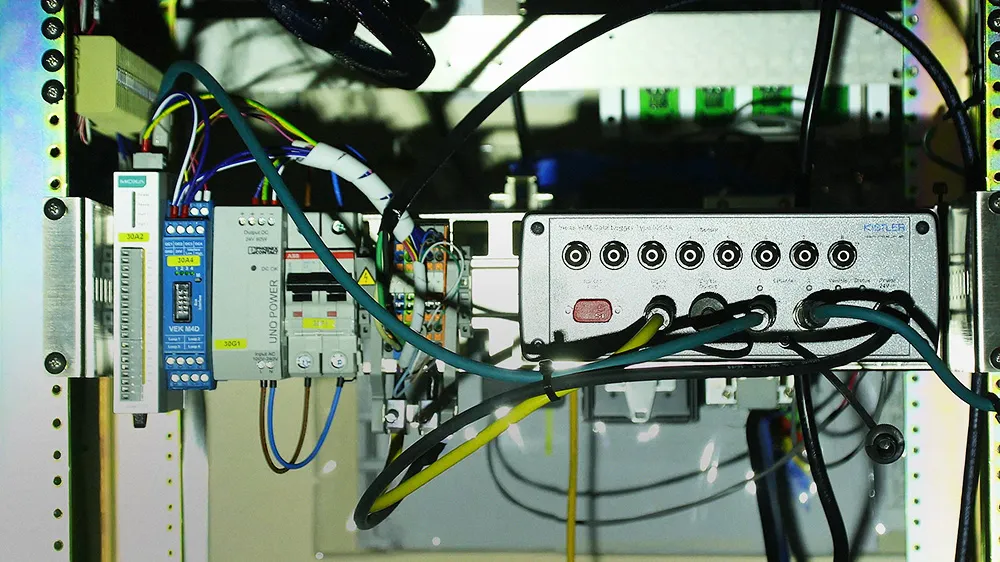Akio Toyoda, president of Toyota Motor Corporation (TMC), and Norbert Reithofer, chairman of the BMW, have announced the planned expansion of their existing cooperation initiated in December last year. The two companies signed a memorandum of understanding (MoU) aimed at a long-term strategic collaboration in four fields: joint development of a fuel cell system, joint development of architecture and components for a future sports vehicle, collaboration on powertrain electrification and joint research and de
July 3, 2012
Read time: 2 mins
Akio Toyoda, president of 1686 Toyota Motor Corporation (TMC), and Norbert Reithofer, chairman of 1731 BMW, have announced the planned expansion of their existing cooperation initiated in December last year. The two companies signed a memorandum of understanding (MoU) aimed at a long-term strategic collaboration in four fields: joint development of a fuel cell system, joint development of architecture and components for a future sports vehicle, collaboration on powertrain electrification and joint research and development on lightweight technologies.
Reithofer and Toyoda also signed a joint statement to reconfirm their companies’ shared intention to strengthen the long-term, strategic collaboration between them.
In March 2012, the BMW Group and TMC signed a binding agreement on collaborative research in the field of next-generation lithium-ion battery cells. In addition, the BMW Group and Toyota Motor Europe entered into a contract in December last year, under which the BMW Group will supply highly efficient 1.6 litre and 2.0 litre diesel engines to Toyota Motor Europe starting in 2014.
This latest MoU represents the companies’ agreement in December last year to identify and discuss other possible collaborative projects.
Reithofer and Toyoda also signed a joint statement to reconfirm their companies’ shared intention to strengthen the long-term, strategic collaboration between them.
In March 2012, the BMW Group and TMC signed a binding agreement on collaborative research in the field of next-generation lithium-ion battery cells. In addition, the BMW Group and Toyota Motor Europe entered into a contract in December last year, under which the BMW Group will supply highly efficient 1.6 litre and 2.0 litre diesel engines to Toyota Motor Europe starting in 2014.
This latest MoU represents the companies’ agreement in December last year to identify and discuss other possible collaborative projects.










